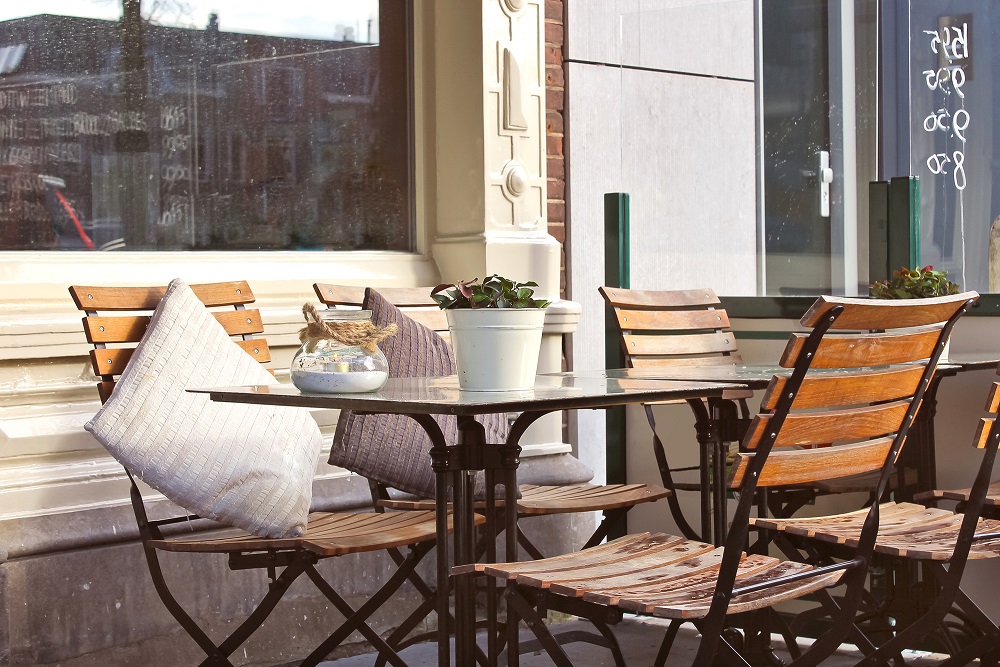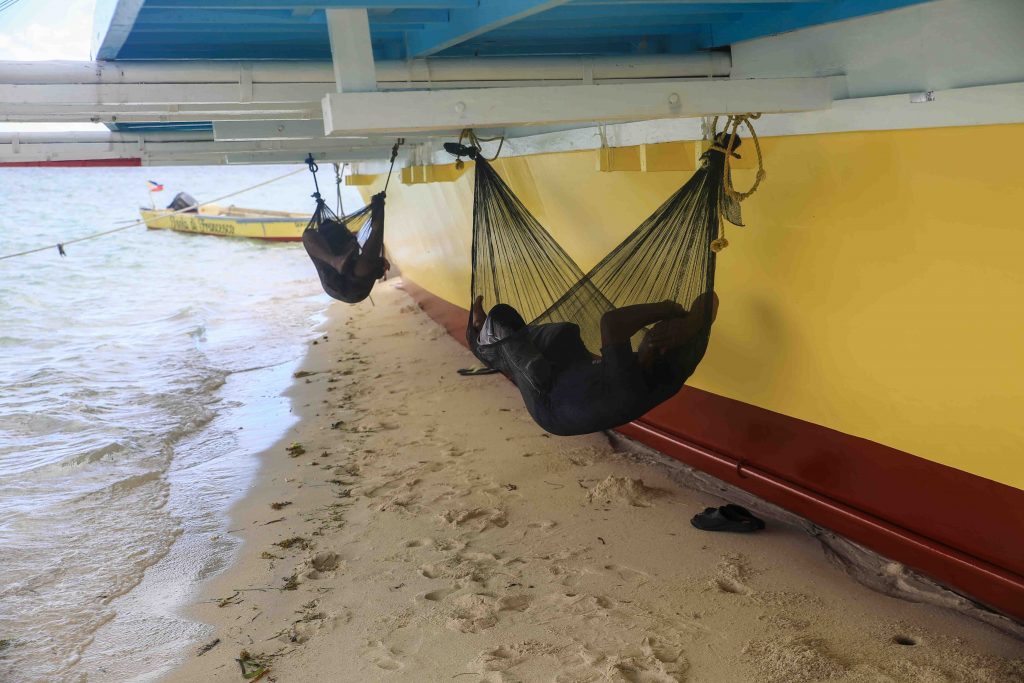Identity change: before moving abroad in 2012 I wasn’t fully aware of how much impact living overseas would have on me. I had lived abroad before after high school, which was a formative year, but it wasn’t the same as moving as an expat partner/ expat wife/ trailing spouse or whatever is the term you use for it.
As I had lost my job during the financial crisis, I definitely knew how much not having a job impacted me, how I felt that a part of me got cut off. That wasn’t a choice though, whereas moving abroad with my husband certainly was a choice. One that I didn’t take lightly. And yet, nobody seemed to talk about how moving as a partner can impact on your identity.
Developing myself as a person
Before I moved, I made myself one promise: to keep developing myself. At that point I wasn’t quite sure of what that would look like. I wasn’t actually sure what that meant then- “developing.” Maybe a studies? Volunteering? It turned out to be much more.
Over the years I’ve learnt that I need intellectual challenges, not just practical ones. I also need deep conversations, not just superficial ones. I love being part of a team, even if I have my own responsibilities and tasks. Brainstorming, creativity, colleagues. I thought that only was possible in a job, or career, however you wish to call it.
And I also wanted children, though I totally underestimated the impact that would have on my identity. It was a seismic shift, even though I was still the same person, something about my priorities changed. I underestimated the conflicted feelings I would have- was it even possible to be an ambitious mom? Or an ambitious expat wife?
A Portable Identity and Career
A game changer for me was reading the book A Career in Your Suitcase by Jo Parfitt. I resonated with her story, someone who didn’t want to settle for being “the wife.” Another find was A Portable Identity, A woman’s guide to maintaining a sense of self while moving overseas by Debra Bryson and Charise Hoge. Women who had been in my situation and made it work.
Stepping away from the straight and narrow
Having grown up in one culture, for most of my youth in the same house, going to the same school with the same people, it hadn’t dawned on me that there were different paths in life and career. Different from the straight and narrow high school- study- career- retirement path that everyone I knew seemed to be on.
Portable paths. Or your own ladder as I like to call it.
Connecting to Like-minded people
And then there were the beautiful friends I made along the way, the talented women who found themselves far from home, adapting to life overseas. From different cultures, different careers, but who also struggled with the same question:
Who am I now that I am here?
Our roles change abroad
There are many ways to look at identity. I like to see it as the sum of the different roles we have in life (daughter, wife, friend, colleague, neighbor etc.) in combination with our beliefs about life and our personal values. Each of these roles is like a leg holding up a table. We do not exist in a vacuum, but in relation to others.
When we move abroad, our roles change, or at least the distance to other people changes. We are still a daughter and a friend, but our parents and friends live far away. We are no longer someone’s colleague, we no longer get the recognition for our talents and accomplishments in a work setting. One or more legs change shape, or even a whole leg is missing, often related to work.
However, we do pack in our suitcase our ideas of who we should be and what our life should look like. Ideas we have gotten from our family, from society, school, media etc.
Our identity becomes wobbly like a table on an Amsterdam sidewalk café.

When our life no longer looks like it “should” look
And here we come to the point that people who have never been an expat partner often have trouble understanding: we may become unhappy with who we are, we may lose confidence, we may feel bad about ourselves, or at least for some time.
Because we no longer meet our own standards. We wobble. And we we beat ourselves up for it instead of supporting ourselves.
Freedom can be a challenge
When you have no job to go to, few “have to do’s,” you find out a day passes by itself. At the end of the day, we wonder what we did all day, what we have to show for it.
I never saw myself as a stay at home mum, if I had stayed in The Netherlands, my life would have looked very differently. I wouldn’t be coaching, but working in human rights 4 days a week.
But if I continue to measure myself with the ideas that I got from my upbringing, from society, I will make myself very unhappy.
It takes a lot of energy to design your own day, every day. To be intentional about what you do. When we have been on the career treadmill for so long, it takes time to figure out how we want to spend our day, what gives us joy. It takes time to figure out how we contribute now that we don’t make money.
Stopping the Wobble
So, how to stop wobbling?
First of all, we need to realise that we wobble- and that it is perfectly normal to wobble when everything around us changes.
You might think that everyone else seems to have it all figured out, but trust me, they don’t. Every move makes us wobble for a while, whether it is our first, second or 9th move.
Secondly, it is about starting to see the wobbling as an opportunity to figure out what really matters to us. And that even though one leg may be missing, we can always rebuild it or replace it. And don’t forget there are more legs holding up this table.
Abroad, we have the opportunity to try out new things, to discover who we are outside of work, what we love, what we are good at. We have the opportunity to do things that really matter to us, to see our children grow. We have the opportunity to create our own path, one of discovery and well-being.
Creating our own identity
If there’s one thing I’ve learned after almost 8 years in Asia, it doesn’t matter what other people think about my life or how they look at expat partners. I know what strength it takes to be an expat partner, far from your loved ones, in a place where you may not speak the language, trying to do #allthethings, keeping your spirits high, caring for others.
Other people do not live my life. It matters whether I make choices that are aligned with what matters to me, with what I want to stand for.
Take the opportunities that expat life brings. Create your own path on the move, allow yourself to experience joy, and shape your own identity.



